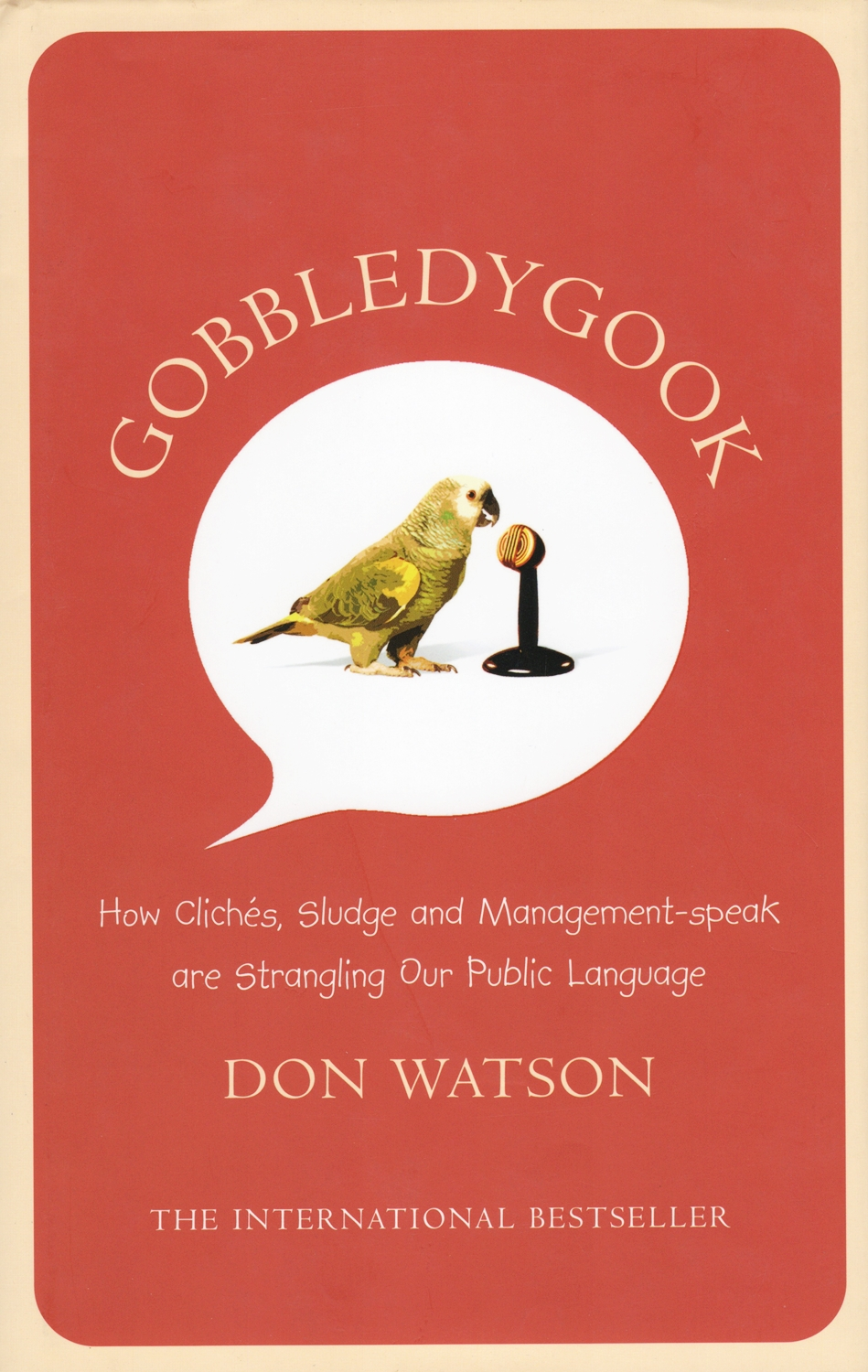
AI (artificial intelligence) is quite a controversial topic these days. Some love it (it makes writing detailed updated information quicker and is usually pretty accurate). Others say it’s replacing humans, by using robots to ‘do the work’.
In fact, both can be true. The founder of Restored 316 Designs (our theme designer) writes that for bloggers and entrepreneurs, AI can be seen as a tool. Just like you use WordPress or CANVA, the trick is to use it discerningly.
For instance, we use RightBlogger to create accurate and up-to-date information on say cities and towns (this would have taken years to do otherwise). And also to find expert safety information on what not to feed children and pets (and toxic plants to avoid near pets) or how to help various native creatures, from hedgehogs to bats.
Then we can spend time editing posts, to simplify and polish, knowing the ‘safety info’ is good, and the posts can be made interesting and relevant for local residents. It has massively quickened up and simplified the ‘end result’ of the site, when it is eventually ‘finished!’ (always a work in progress).
You can’t write a poem with AI (you could, but that’s where it would be ‘cheating!) It’s more for non-fiction information (the whole point of a website is to help others). Then use your creativity to make information inspiring.
An example would be the Lake District mountains. Just pop in the phrase, and in 1 minute, you get a detailed guide to all the mountains, their height and viewing information from each summit.
If you’re going to use AI, use RightBlogger. Used by over 33,000 bloggers worldwide, it’s a beautifully designed interface to create easy-to-read lists, and would certainly be a boon for local community blogs.
You could literally type in the names of all your local villages (and businesses, places to visit, nature sites etc) and you will end up with a whole suite of information to inspire and edit, for readers. Think of AI in this case as a ‘friendly robot’ to give you the info, which you can then use to inspire, by mixing in your own creativity.
This does not mean that you let AI write your blog posts!
AI info gathered for accurate info on this site, is being used to gradually turn it all into 100% original posts. By adding pretty images and re-writing the info, it’s all eventually going to be ‘whisked up’ into unique posts that are creative, but still contain the original ‘accurate info’ ingredients. Like baking a cake!
The founders of RightBlogger are not boring automated robots. Ry Robinson is a hugely successful blogger , and avid fan of the outdoors and protecting the natural world. He also writes posts on this vegan blog with his girlfriend.
Like electricity, AI can be used for good or not (it can give you energy or electrocute you). It depends completely on how thoughtful, creative and optimistic you are. If you’re aiming for a good blend of all three, then AI can be good!
Using AI to Do Good For Others

We are passionate about humane medical research (not using live animals). We can argue the ethics, but our post includes the science argument too, and that could only be done really through AI (which one humane research charity says has been done well – and they know what they are talking about!) So AI can be used to help create discussions on important issues, if done well.
AI is even helping to prevent road accidents, and teaching people how to perform safer operations and design walkable communities, using grid systems.
Using AI To Translate to Plain English

Councils (bus timetables?), lawyers and even doctors are renowned for talking gobbledygook in letters. Using AI could greatly simplify (and therefore quicken) translating information into plain English, that everyone could understand.
This can be done manually. Or by hiring plain English writers (a good idea, but councils don’t have excess cash, so AI is a far cheaper alternative). And for safety, it’s paramount. We have many people in society who don’t read well, have learning difficulties and dementia, so remember they are part of the community too. And need to understand important information, just as much as the rest of us.
Here are some examples from the University of Colorado, to inspire you. Just imagine if councils, medicine companies (who create those paper inserts inside the packs) etc used AI. If you’ve ever tried to build an IKEA cabinet, it’s evident that whoever is employed, is not talented enough to write the instructions to be understood. So this is where AI could save so much time and money, and help others too:
Before Plain English
The patient is advised to adhere strictly to the prescribed regimen of medication, which involves taking two tablets of 500 mg each of the antibiotic every eight hours, with the consumption of food to mitigate potential gastrointestinal side effects. Non-compliance with this schedule could result in diminished therapeutic efficacy and possible exacerbation of the condition.
After Plain English
Take two 500 mg tablets of the antibiotic every 8 hours. It’s best to take them with food to avoid stomach problems. Follow this schedule closely to make sure the medicine works properly and helps you get better.
Before Plain English
In accordance with the stipulations set forth in the agreement, the party shall remit payment of the stipulated amount within thirty days subsequent to the receipt of the invoice. Failure to adhere to this timeline may result in penalties or interest charges as delineated in section 4.2 of the contract.
After Plain English
You need to pay the amount shown on the invoice within 30 days. If you don’t pay on time, you might have to pay extra fees, as explained in section 4.2 of the contract.”
Before Plain Language
To ensure optimal safety when operating machinery, it is imperative to don all required personal protective equipment (PPE) including safety goggles, gloves, and ear protection. Adherence to these safety protocols is mandatory to mitigate risks associated with machinery operation.
After Plain Language
Always wear safety goggles, gloves, and ear protection when using the machinery. This will help keep you safe and is required for your protection.”
Before Plain Language
To operate the device, engage the power switch located on the rear panel of the unit. Subsequently, adjust the settings using the control dial situated on the front interface. Ensure that the device is calibrated according to the user manual to achieve optimal performance.”After Plain Language
Turn on the device by flipping the switch on the back. Then, adjust the settings with the dial on the front. Follow the user manual to make sure the device is set up correctly for the best results.
Example: Translating Parliamentary Bills
Again, RightBlogger has na ‘Explain Like I’m Five’ tool (and a ‘Rewriter tool’, which is more apt), which would be ideal for this kind of thing. We visited the UK government website for Parliament Bills, then used the tool to translate one currently going through, using this tool:
A Bill to ban the use of animals in medical research, using humane methods instead. Sounds good, yes? But just look at the wording:
Be it enacted by the King’s most Excellent Majesty, by and with the consent and advice of the Lords Spiritual and Temporal, and Commons, in this present Parliament assembled, and by the authority of the same, as follows:
Prohibition of use of animals in medical research. The Secretary of State must by regulations prohibit the use of animals in medical research from 1 January 2035.
Regulations made under subsection (1) must:
(a) prohibit the use of live animals or animal-derived biomaterials, and (b) require the use of non-animal methods in research into human diseases or in the testing of medicines or medical devices being developed for human use.
(3) Regulations under this section may include provision
(a) creating criminal offences in respect of failures to comply with the regulations,
(b) about such offences, and
(c) for, about or connected with the imposition of civil sanctions.
(4) Regulations under this section are to be made by statutory instrument.
(5) A statutory instrument containing regulations under this Act may not be made unless a draft of the instrument has been laid before and approved by a resolution of each House of Parliament.
(6) Before laying before Parliament a draft of an instrument under this section, the Secretary of State must consult—
(a) the Animals in Science Regulation Unit; (b) the Animals in Science Committee;
(c) the Commission on Human Medicines;
(d) the Medicines and Healthcare products Regulatory Agency;
(e) such other persons as the Secretary of State considers appropriate.Requirement to issue guidance in connection with section 1
(1) The Secretary of State must issue guidance for persons—
(a) undertaking research into human diseases, or
(b) carrying out testing of medicines or medical devices being developed
for human use on the regulations made under section 1 of this Act.
(2) Guidance under this section must include—
(a) advice and information about non-animal research methods,
(b) information about any support available from the Government or
other sources for the use and development of non-animal research
methods.
(3) The Secretary of State may revise guidance issued under this section.
(4) The Secretary of State must arrange for guidance issued under this section
to be published.This Act comes into force on the day on which it is passed. This Act may be cited as the Animals in Medical Research (Prohibition) Act 2025.
What Did Our Friendly Robot Say?
These 192 words took, by the way, 10 seconds!
This new law says that after 1 January 2035, medical research in the UK cannot use animals. The law covers all live animals and anything made from animals. Scientists must use other methods that do not involve animals when they study diseases or test medicines and medical devices for people.
If someone breaks these rules, they could face criminal charges or other penalties. The government will write these rules in detail and put them before Parliament. Both Houses of Parliament need to agree before these rules take effect. Before making the rules, the Secretary of State must talk to groups and experts who know about animal research and medicine.
The Secretary of State must also give advice and support to researchers. This includes information on how to use non-animal methods and where to find help and funding to develop new ways to do research without animals. These guidelines will be published and can be updated when needed.
This law will apply across England, Wales, Scotland and Northern Ireland. It will take effect as soon as it is passed by Parliament. People will call it the Animals in Medical Research (Prohibition) Act 2025.
Can you imagine the good that could be done, if AI was used well in everything from government to medicine?






